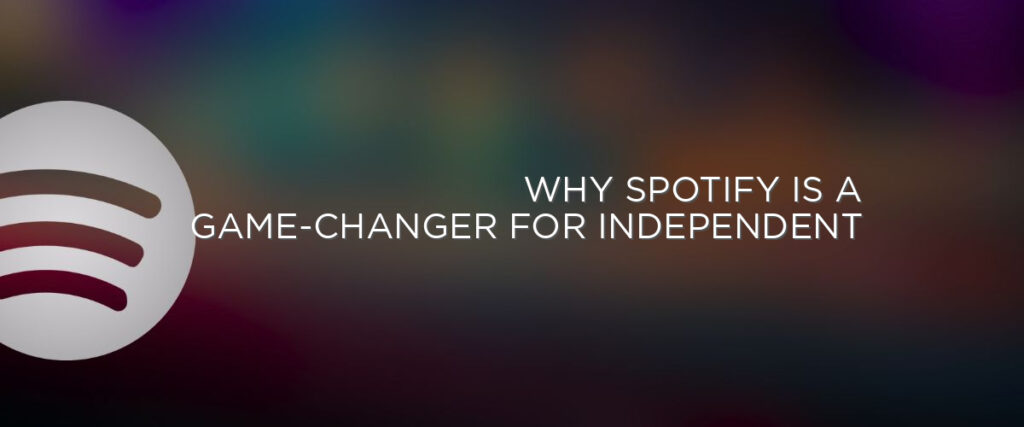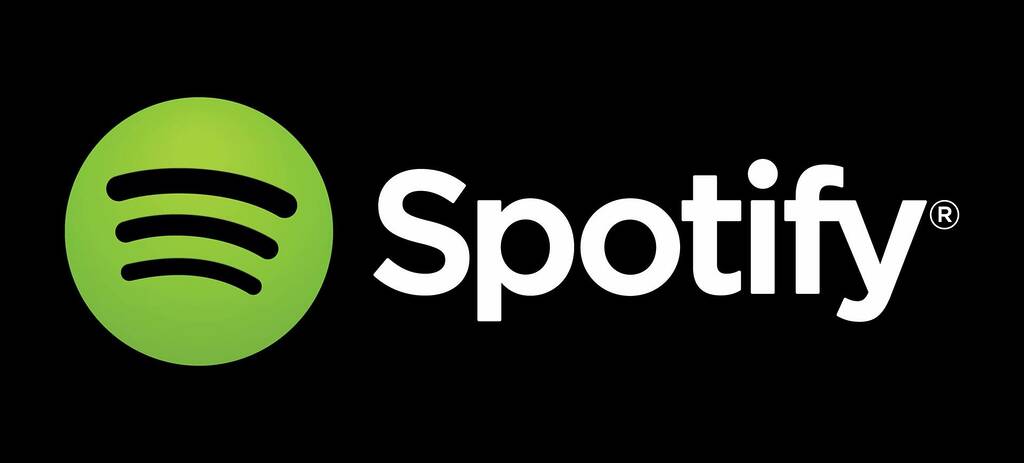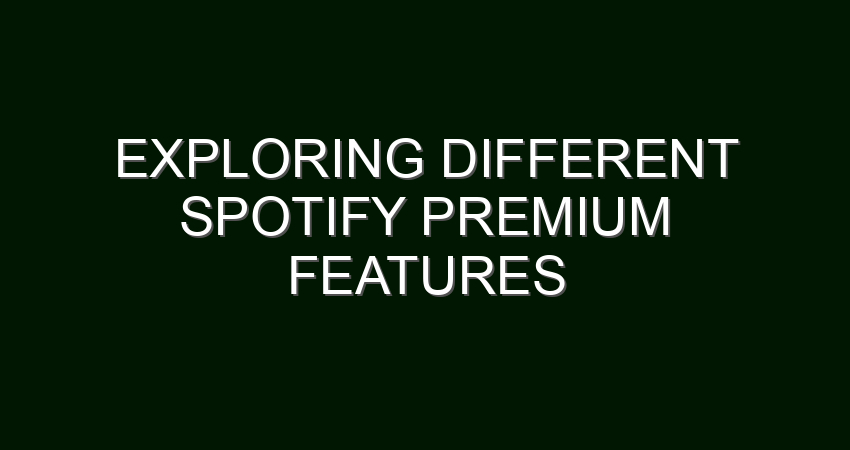
Introduction
The rise of independent music artists
The rise of independent music artists has been fueled by the accessibility and affordability of technology. With the rise of digital music platforms like Spotify, independent artists have been able to reach a wider audience without the need for a major record label. This has given them more control over their music and career, allowing them to experiment with different genres and styles. Additionally, the rise of social media has made it easier for independent artists to connect with their fans and build a loyal following. As a result, independent music has become a force to be reckoned with in the music industry, and Spotify has played a significant role in this transformation.
The challenges faced by independent music artists
Independent music artists face a multitude of challenges in the music industry. One of the biggest challenges is getting their music heard by a wider audience. Without the backing of a major record label, it can be difficult to get radio airplay or secure high-profile gigs. Additionally, independent artists often struggle with limited resources and funding, making it challenging to produce and promote their music. However, with the rise of streaming services like Spotify, independent artists now have a powerful tool to reach new listeners and build their fan base.
What is Spotify?
Overview of Spotify
Spotify is a music streaming platform that has revolutionized the way people consume music. It was launched in 2008 and has since grown to become one of the most popular music streaming services in the world. With over 356 million active users and 158 million subscribers, Spotify provides a massive audience for independent music artists to showcase their talent. The platform offers a range of features that allow artists to connect with their fans, promote their music, and earn revenue. Spotify’s algorithm-driven playlists and personalized recommendations also help independent artists reach new listeners and gain exposure. Overall, Spotify has become a game-changer for independent music artists, providing them with a level playing field to compete with established artists and reach a global audience.
Spotify’s impact on the music industry
Spotify has had a significant impact on the music industry, particularly for independent music artists. The platform has provided a level playing field for artists to showcase their music to a global audience, without the need for a record label or significant financial backing. This has allowed for greater diversity in the music industry, with a wider range of genres and styles being represented. Additionally, Spotify’s algorithms and personalized playlists have helped to promote lesser-known artists to listeners who may not have discovered them otherwise. As a result, independent artists have been able to gain more exposure, build their fan base, and even secure record deals as a result of their success on the platform.
Spotify’s role in promoting independent music artists
Spotify has played a significant role in promoting independent music artists by providing them with a platform to showcase their music to a global audience. The platform’s algorithmic playlists, such as Discover Weekly and Release Radar, have been instrumental in helping independent artists gain exposure and reach new listeners. Additionally, Spotify’s editorial team curates playlists that feature independent artists, providing them with valuable exposure and recognition. The platform’s data-driven approach to music promotion has also enabled independent artists to track their success and make informed decisions about their careers. Overall, Spotify has revolutionized the music industry by democratizing access to music distribution and promotion, providing independent artists with a level playing field to compete with established artists.
Benefits of Spotify for independent music artists
Increased exposure and reach
With over 345 million active users, Spotify provides independent music artists with a platform to reach a wider audience. The platform’s algorithm-driven playlists and personalized recommendations enable artists to gain exposure to listeners who may not have discovered them otherwise. Additionally, Spotify’s integration with social media platforms allows artists to share their music with their followers and increase their reach even further. This increased exposure and reach can lead to more streams, followers, and ultimately, more revenue for independent music artists.
Access to valuable data and analytics
Access to valuable data and analytics is one of the most significant benefits of using Spotify for independent music artists. The platform provides detailed insights into the performance of their music, including the number of streams, listeners, and followers. This information can help artists make informed decisions about their marketing strategies, tour planning, and even songwriting. Additionally, Spotify’s algorithms can suggest similar artists to listeners, which can help independent artists gain exposure to new audiences. With this data, independent artists can better understand their fan base and tailor their music to meet their preferences, ultimately leading to greater success and recognition in the industry.
Opportunities for collaboration and networking
One of the most significant benefits of Spotify for independent music artists is the opportunities it provides for collaboration and networking. The platform allows artists to connect with other musicians, producers, and industry professionals from all over the world. This opens up new avenues for collaboration, which can lead to exciting new projects and exposure to new audiences. Additionally, Spotify’s playlist feature provides a unique opportunity for artists to get their music in front of new listeners and potentially gain new fans. By collaborating with other artists and industry professionals, independent musicians can build their networks and increase their chances of success in the highly competitive music industry.
Monetization and revenue generation
Monetization and revenue generation are crucial aspects for independent music artists, and Spotify has been a game-changer in this regard. The platform offers various ways for artists to earn money, such as through streaming royalties, merchandise sales, and concert promotions. Additionally, Spotify’s algorithmic playlists and personalized recommendations help independent artists reach a wider audience, leading to increased streams and revenue. With Spotify’s user base constantly growing, independent artists have a significant opportunity to monetize their music and build a sustainable career in the industry.
Success stories of independent music artists on Spotify
Case studies of independent music artists who have found success on Spotify
One of the most notable success stories on Spotify is that of Chance the Rapper. The Chicago-based artist released his mixtape “Coloring Book” exclusively on the streaming platform in 2016, and it went on to become the first streaming-only album to win a Grammy Award. Another independent artist who has found success on Spotify is Billie Eilish. Her debut album “When We All Fall Asleep, Where Do We Go?” was released independently in 2019 and went on to win multiple Grammy Awards, including Album of the Year. These examples demonstrate the power of Spotify in providing a platform for independent artists to reach a wider audience and achieve mainstream success.
Examples of how Spotify has helped independent music artists grow their fanbase and increase their revenue
One example of how Spotify has helped independent music artists is through its algorithmic playlists. These playlists are curated by Spotify’s algorithms based on a user’s listening habits and can feature both established and emerging artists. This has allowed independent artists to be discovered by new listeners who may not have otherwise found them. Additionally, Spotify’s “Release Radar” and “Discover Weekly” playlists have helped independent artists reach new audiences and gain more streams, leading to increased revenue. Overall, Spotify’s platform has provided a level playing field for independent artists to showcase their music and grow their fanbase.
Conclusion
Summary of the benefits of Spotify for independent music artists
In summary, Spotify has revolutionized the music industry by providing a platform for independent music artists to showcase their talent to a global audience. With its user-friendly interface and advanced algorithms, Spotify offers a level playing field for all artists, regardless of their popularity or record label affiliation. Moreover, Spotify’s data-driven approach enables artists to gain valuable insights into their listeners’ preferences and behaviors, allowing them to tailor their music to their audience’s tastes. Overall, Spotify has opened up new opportunities for independent music artists to reach their full potential and build a sustainable career in the music industry.
The future of independent music artists on Spotify
The future of independent music artists on Spotify looks bright. With the platform’s continued growth and focus on supporting independent artists, there are more opportunities than ever for these musicians to gain exposure and build their fan base. Additionally, Spotify’s data-driven approach to music promotion allows independent artists to target their audience more effectively and reach new listeners who are likely to enjoy their music. As the music industry continues to evolve, Spotify is poised to play a key role in helping independent artists succeed and thrive.



